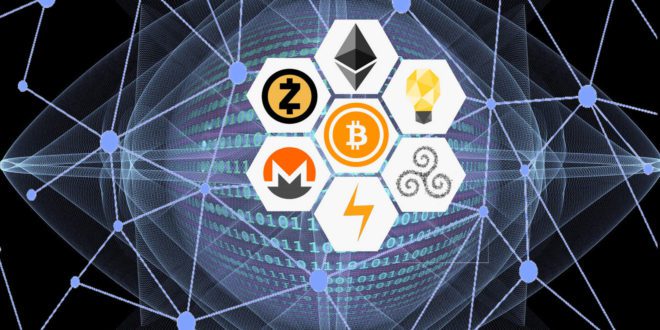When lawmakers pass a draft law, they think of the current issues that need the most attention. These situations usually center on social issues. As statutes get imposed, lawyers should update themselves regarding these as part of their continuing education. Since the advent of technology, legislators passed many laws regulations regarding these advancements.
One of the trending concepts in technology nowadays is blockchain. It has changed how people transact with each other and companies worked hard to learn how to use it in their business. Around 15 percent of enterprises use blockchain, and more institutions look forward to integrating it into their field.
In 2017, Delaware became the first to embrace blockchain technology in their laws. During that year, they amended their existing corporate laws which now allowed corporations to handle their records using blockchain. Because of these changes, there might be a possibility that more lawmakers could focus on imposing regulations on blockchain technology which could also change legal processes. Therefore, lawyers should prepare when the time comes.
Lawyers should also educate themselves about blockchain because it could also affect the practice of law and its processes. They could use it to record and timestamp documents, then present it as proof without falsification. Authorities could also use the technology as a means to track goods and supplies investigated in the chain of custody, a process which shows the transfer of evidence from one person to another.
These advancements emphasize the need for lawyers to update themselves regarding emerging technology such as the blockchain and how it could integrate into the legal profession, even though it is not yet widespread in the industry. It could also lessen mishaps in case the job adopts blockchain and entirely repeal litigation processes.
As a way of educating those in the law profession, several institutions organize seminars geared towards the goal. The latest to make the initiative is the Chicago-Kent College of Law which will offer a free workshop on August 9. The lecture, entitled “Block(Legal)Tech” shall focus on the legal aspect of blockchain technology such as ledgers, tokenized assets, and cryptoasset-based funding. Chicago-Kent shall collaborate with Jenner & Block and FinTEx for the event.
The organizers invited several speakers for the event including Director Ken Blanco of FinCEN. Blanco also served as the Acting Assistant Attorney General for the Department of Justice – Criminal Division. Justin Steffen, a litigation partner of Jenner & Block, said that the event would focus on a more advanced level of learning blockchain and the law.

